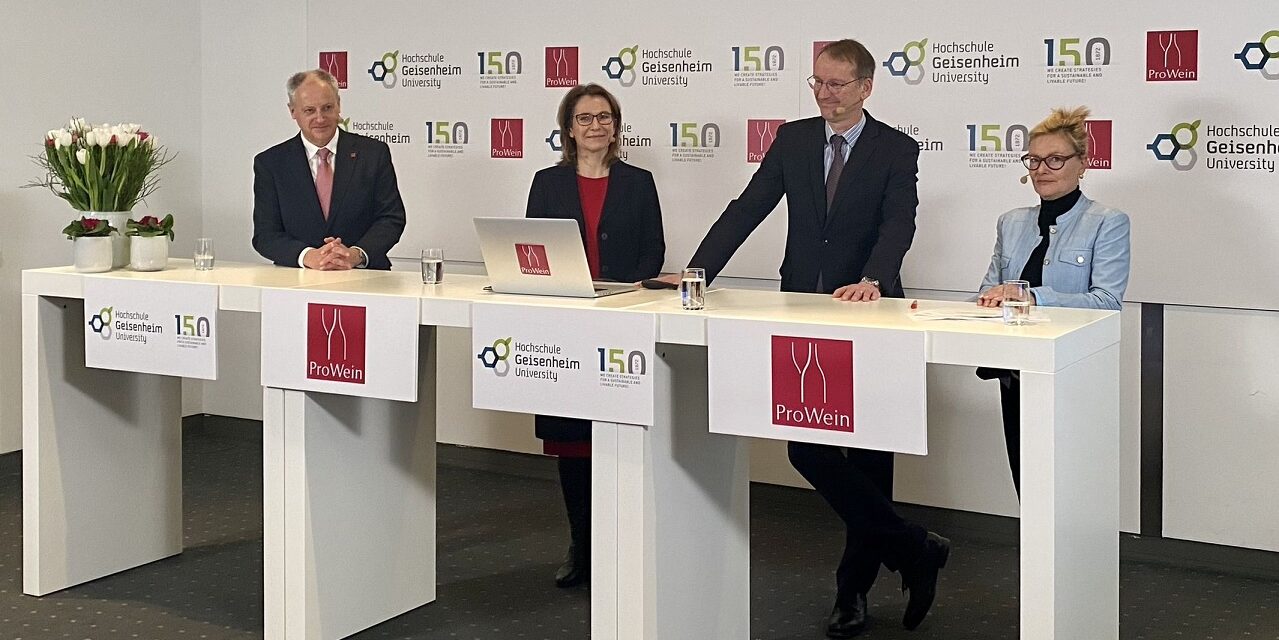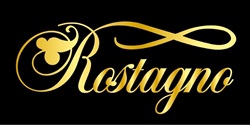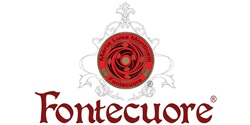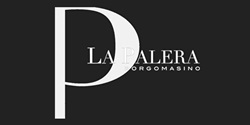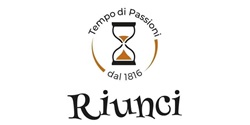The wine industry reacts proactively to the economic crisis
Commissioned by ProWein, Geisenheim University polled experts from throughout the world across the entire value chain of the wine industry in late 2022, for the sixth time now. Participants include wine producers from the most important wine-growing countries in the Old and New World, exporters, importers, specialist wine merchants as well as representatives from the food service/hospitality and hotel industries. The ProWein Business Report 2022 follows on from ProWein’s unique, regular “Marktbarometer” (Market Barometer) for the international wine industry produced since 2017 and assesses the significance of the challenges facing the industry during the current economic crisis.
“This year again almost 2,500 international experts from 47 countries have shared their insider knowledge with us,” says Prof. Simone Loose, Head of the Institute for Wine and Beverage Business at Geisenheim University, underlining the special relevance of this global industry barometer. “The industry faces major challenges caused by rising costs and disrupted supply chains. Interesting to note here is that industry leaders are proactively responding to the economic crisis. They tap into new markets with their products and react to traders’ and consumers’ needs with very innovative solutions.” These include – according to the survey – alternative wine packaging and low-no alcohol wines.
“For the industry it is more important than ever to enter new export markets now, to follow market trends and network. That is precisely the strength of ProWein. We provide the industry with the matching contact opportunities, information and connections for all of these requirements. If not here, then where?” asks Michael Degen, Executive Director at Messe Düsseldorf and responsible for ProWein.
The most important results at a glance
The industry entered 2022 with positive expectations. Producers and traders hoped for a recovery from the negative impact of Covid-19. These hopes were not or only partially fulfilled. In general, the industry therefore looks to the future with caution.
Like in the previous year, rising costs and disruptions to supply chains rank top of the list of threats and challenges for the wine industry. However, the degree to which the industry is affected has clearly increased. Furthermore, the economic slowdown threatens to curb wine sales.
The global economic upturn after Covid-19 already led to a greater demand for energy and rising energy prices in 2021. With the war in Ukraine and sudden collapse in energy supplies in 2022, prices in many parts of Europe have therefore often more than doubled compared to 2020. Due to their higher energy consumption, producers are significantly more affected by this than wine traders.
Almost all producers were affected by transportation issues and supply chain disruptions. Wine producers managed to successfully cushion the trade from a large proportion of the supply problems. As a result, the wine trade was significantly less affected. From the industry’s perspective, transportation and supply issues will continue to present a major challenge for their business.

